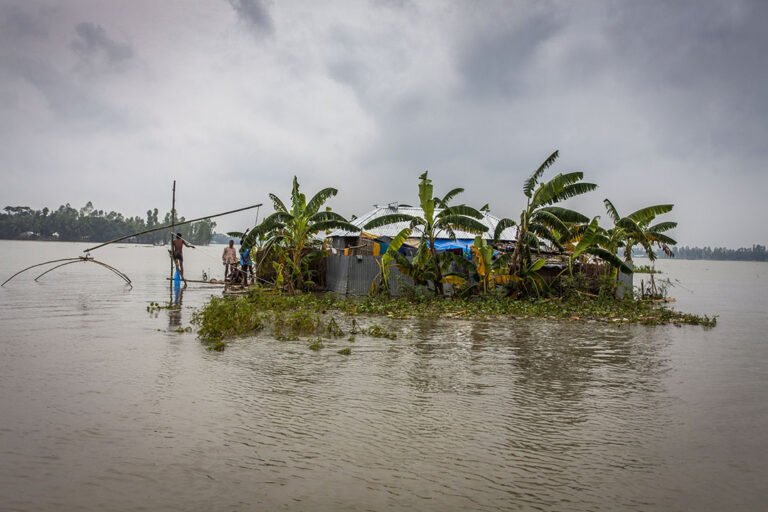The 15th Petersberg Climate Dialogue gathered high-level representatives from more than 40 countries, representing industrialized, emerging, and developing economies and ranging from vulnerable island nations to high-emitting states, for a round of talks in preparation for the 2024 UN Climate Change Conference (UNFCCC COP 29). As countries prepare to submit the next round of nationally determined contributions (NDCs), discussions focused on the “road to Baku” and the key challenges of international climate policy.
The Governments of Germany and Azerbaijan co-hosted the Dialogue, which convened from 25-26 April 2024 in Berlin, Germany.
Speaking as the host of COP 29, Azerbaijan’s President Ilham Aliyev outlined his country’s track record in building bridges and strengthening solidarity between countries, including through its chairmanship of the Non-Aligned Movement (NAM) and membership in the Organization of the Petroleum Exporting Countries plus (OPEC+) platform. He highlighted Azerbaijan’s efforts to advance the green transition by adding wind and solar to its energy mix.
Germany’s Foreign Minister Annalena Baerbock highlighted that at the 2023 UN Climate Change Conference (UNFCCC COP 28), countries agreed “to end the age of fossil fuels,” keep the 1.5°C limit within reach, triple renewable energy capacities and double improvements in energy efficiency, and halt deforestation by 2030. She urged participants to explore “how… we turn the paper, the theory, into practice,” noting that NDCs will be key in that endeavor.
Baerbock urged delegates to step away from “outdated debates” about climate protection and adaptation versus economic development. “It’s not an either-or situation,” she emphasized, and “each enhances the other.” To fundamentally transform economies worldwide to enable the global ecological transition, Baerbock said developing countries require USD 1 trillion annually in international finance. She stressed the need for:
- Industrialized countries to continue to live up to their responsibilities to reach the annual climate finance goal of USD 100 billion;
- The Group of 20 (G20) and other major economies to “go beyond the 100 billion mark”; and
- Establishing new and innovative sources of finance while linking climate policy planning, project implementation, and public and private financing.
Baerbock invited participants to come together in a multi-stakeholder alliance to work on NDCs that are 1.5°C-aligned, support poorer and vulnerable countries in drafting and implementing their NDCs, and work with international organizations to rally the support of financial institutions. She said this “coalition of changemakers” should bring together government ministries and financial institutions, as well as civil society, Indigenous Peoples, international organizations, and existing initiatives.
UNFCCC Executive Secretary Simon Stiell emphasized that in addition to NDCs, COP 29 is a “finance COP.” He highlighted the role of the Group of 7 (G7) and G20 in bringing together climate and development finance, along with the bridging role of the UNFCCC as the custodian of the international climate process.
The Petersberg Climate Dialogue process was launched in 2010 by former German Chancellor Angela Merkel. The Dialogues convene annually and are co-hosted by Germany and the country that takes over the chair of the next UN Climate Change Conference. UNFCCC COP 29 will take place from 11-22 November 2024 in Baku, Azerbaijan.
The Petersberg Climate Dialogue was held less than a week after the Spring Meetings of the World Bank Group (WBG) and the International Monetary Fund (IMF), concluding two days prior the Group of 7 (G7) Ministerial Meeting on Climate, Energy and Environment convened in Torino, Italy. The G20 Summit convenes from 12-14 July 2024. [German Federal Foreign Office News Article] [German Federal Government News Article]

